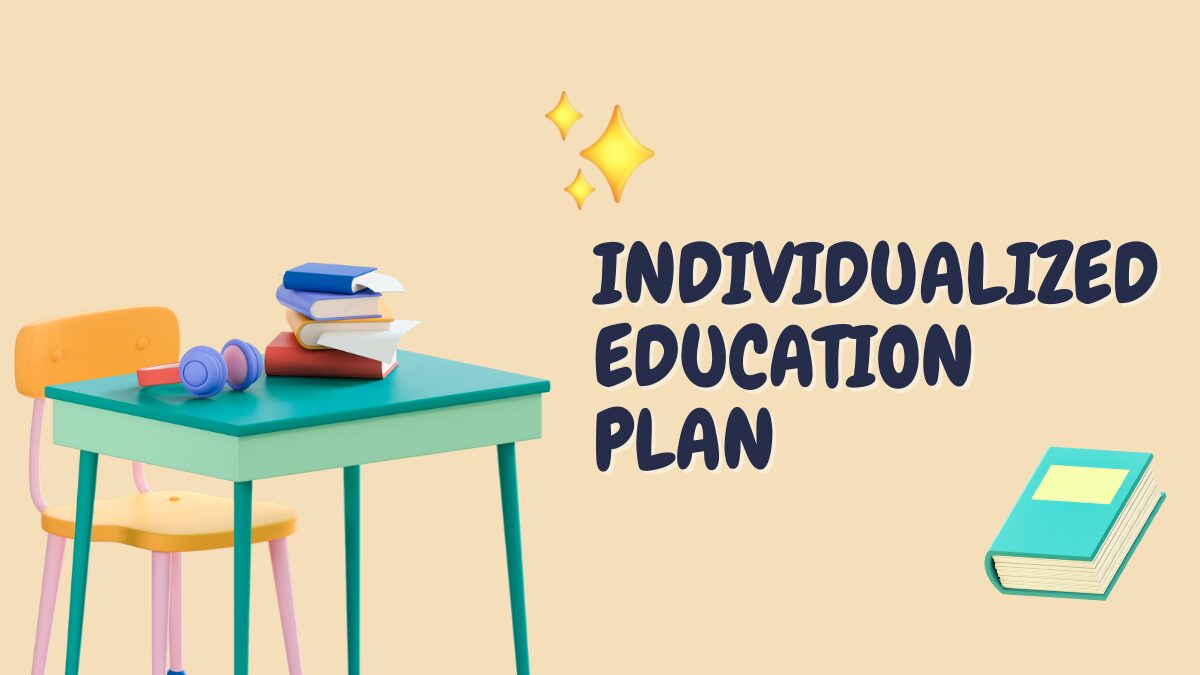 01.16.2024
01.16.2024

IEPs are a necessary part of supporting your learners with specific needs, and there can be a lot involved with the process. This month’s newsletter provides tips to support your learners with IEPs.
Tips for Successful IEP Meetings
Individualized Education Plan (IEP) meetings can be daunting. However, with the right approach and preparation, these meetings can be a collaborative and effective experience for everyone involved, allowing for the development of a plan that is unique to the needs of the learner. Below are some tips to help navigate the IEP meeting and ensure…
Dyslexia & Dyscalculia
Understanding Dyslexia Dyslexia is a neurological condition that affects language processing, particularly reading. Individuals with dyslexia may struggle with decoding words, recognizing sight words, and reading fluently. Characteristics of Dyslexia Difficulty with phonological processing Poor spelling and writing skills Challenges with reading comprehension Support for Dyslexia Multi-sensory instruction: Engage senses — such as visual, auditory,…
IEP Accommodations & Modifications
Individualized Education Plans (IEPs) play a crucial role in ensuring that learners with specific needs receive the support they need to thrive in an academic setting. Two key components of an IEP are accommodations and modifications, but what sets them apart from one another? IEP Accommodations Accommodations are adjustments or supports that provide learners with…
Supporting Learners with Autism
What is Autism? Autism is a developmental difference with characteristics that appear within the first three years of life. Its formal diagnostic name is autism spectrum disorder. The word “spectrum” indicates that autism appears in different forms with varying levels of difference. That means each individual with autism experiences their own unique strengths, characteristics, and…




